In the summer of 2020, while stuck at his parent’s house in Minneapolis, Bobby Kabeya was recording his neighbor’s wind chimes with his phone in the middle of the night. He thought that those early morning chimes, birds, and tree breezes would complement the acoustic textures that now open his latest EP, gaps, which was released on Sept. 16.
Looking back, starting a music career in 2019 maybe wasn’t the most conventional decision. Like all artists in 2020, the leader of alt-rock project Miloe was halted from pursuing his rookie-musician dreams of performing live, meeting his fans and going into a studio to make music. But the 19-year-old Kabeya was able to debut his first few songs just before the COVID-19 lockdowns, befriended indie bands Hippo Campus and Beach Bunny, and wrangled together bandmates that now make up Miloe.
Along with 2020 being, well, 2020, Kabeya moved three times during that year, endured a breakup and mentally struggled with the turmoil within some of his friendships. He began writing gaps in June and completed the demos the following July. The EP was completed in August 2021 and was released one track at a time every two months beginning in January.
The dreamy, lo-fi concoction chronicles Kabeya’s longing for intimacy at the end of his teenage years and during a time of isolation. gaps hears his melancholy feelings atop groovy, rhythmic beats and spacey riffs. At the end of our Zoom call, the now 21-year-old’s final words were that he suggests that the best times to listen to gaps are at dusk and dawn, around 6 a.m. to 8 a.m. and 6 p.m. to 8 p.m.
Kabeya and Miloe are fresh off their most recent tour, where they were performing in front of the biggest audiences of their career. They’re were on the road supporting Coin’s North American tour for 12 dates, which closed on Oct. 7 in Orlando. A short U.K. tour will get underway in early February.
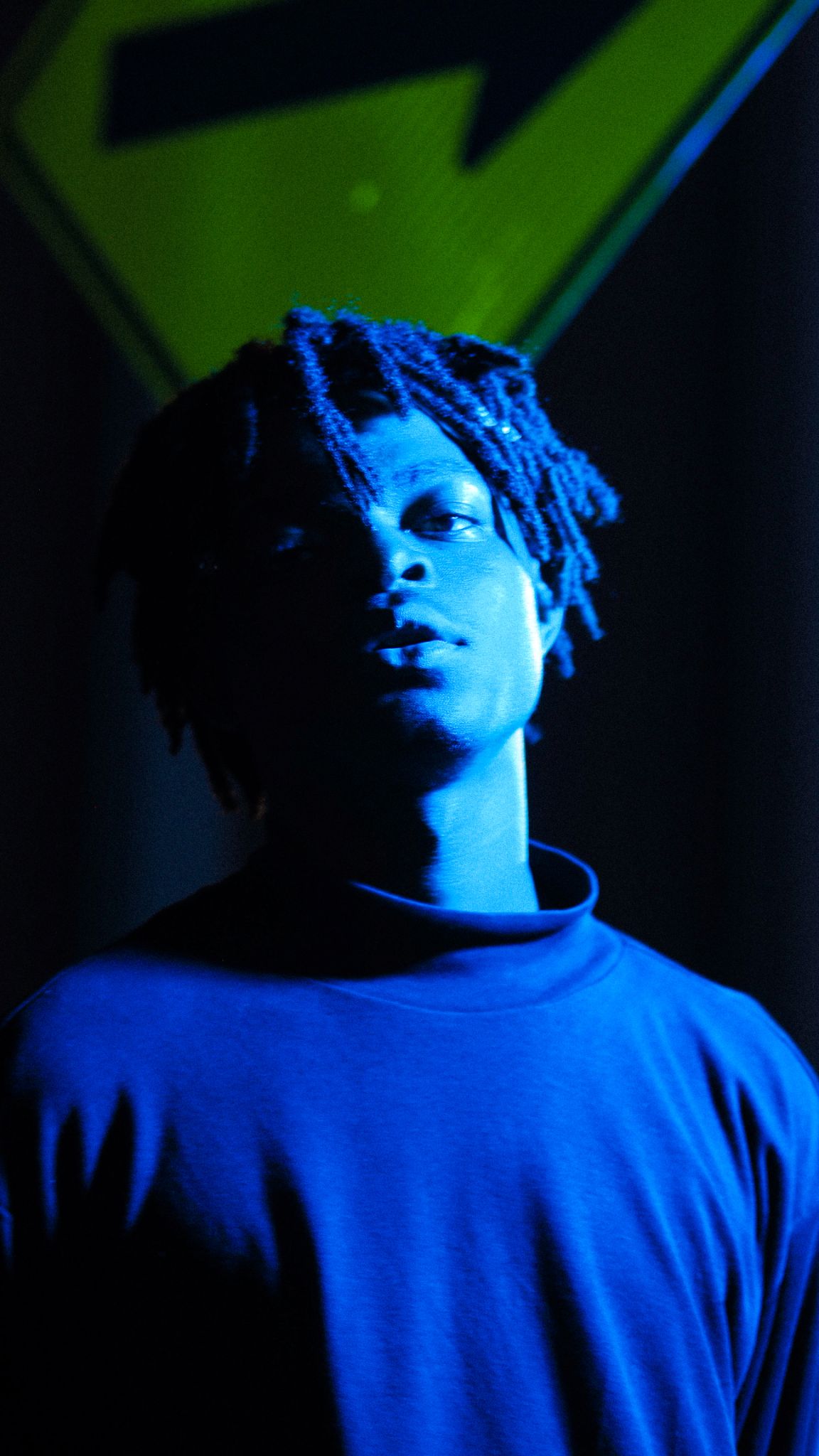
SPIN: How did you begin writing gaps?
Bobby Kabeya: I think it took me a little bit over a year to find the five songs that I wanted. I started in summer 2020 on my dad’s computer. I didn’t own a good laptop—I had like a 2012 MacBook or something. So this was like the first time that I was really happy with my own device and writing on my computer in the middle of the night, not necessarily with bandmates or in a studio. I feel like I spent a lot of time ruminating over songs and messing with the structure and flow.
What was your intention musically going into gaps?
Kabeya: I wanted to explore different vibes compared to the Greenhouse EP. I think I had it in my head that I was starting to get boxed into the indie rock, like synth-pop kind of vibe, which I love, but I knew [for] the next project that I wanted to explore a different side of my musicality. And as I’ve been getting older, I’ve been feeling a stronger connection with the music that my parents played growing up. I’ve been discovering more retro African music. So I started to kind of feel those vibes and started to include it in my music more and more.
How would you describe the sound that you created on gaps?
Kabeya: I think as I was making it, I was aiming for an organic, soft sound that was also contrasted with hard-hitting beats. I feel like it’s kind of grainy. My neighbor’s house, right outside this window, she had these chimes going last summer, and so [I’d] put my phone on the edge of the window in the middle of the night and record the early morning trees and birds and the chimes. I feel like that sound complimented some of the acoustic textures really well. The graininess made me think of stars or glitter.
You received some really cool opportunities when you met Beach Bunny and Hippo Campus.
Kabeya: Yeah. Big, big, big life changes. I remember getting a DM from Matt [Henkels] from Beach Bunny. I think I was like on a bus or something, and he had posted one of my first songs that I ever made, like in high school. He just said, ‘Yo, this is good, blah blah blah, we should play a show sometime.’ Then they were coming to the 7th St. Entry in December 2019. We were asked last minute to be one of three openers. And I remember practicing really, really hard for that, and just sounding the best we’d ever sounded at that show. Luckily, the audience was filled with all the DIY kids in Minneapolis, like all the indie punks that go to our shows regularly anyway, so they’re all super familiar with us. And the Hippo Campus lead singer, Jake [Luppen], happened to be in the audience, and after the show he gave me his number. He was a little tipsy, but he was just super hyped [lightly chuckles] and wanted to help me record stuff. So like a month later, I brought them five demos with my bandmates, and in like three days we recorded those five demos. Beach Bunny helped me find a booking agent and then later took me on tour. So yeah, absolutely. Those guys like changed my life.
What has been the most difficult thing about being a musician during these last few years?
Kabeya: I feel like in the past, it [was] probably easier to take your foot off the gas for a little bit and step away from things, and then come back. You kind of have to find ways to take care of yourself as you’re doing all that. I’m learning how to balance a professional career in 2022, because there’s a lot of pressure to always be online. Not necessarily from like any specific entity in my life, but just like, culturally, to find the audience and break out of the noise. I definitely feel the pressure to follow along with [social media]. Sometimes I kind of lean into it, but also go through periods of just not really caring. I’m experimenting with the best way to express myself to people.
[embedded content][embedded content]
What is the best advice about being a musician that you’ve gotten from a musician?
Kabeya: I had a really good conversation with PawPaw Rod, who featured on “rewind,” and he’s talked about how important it is to keep ourselves healthy. The art we make is channeled through our body, so I feel like keeping ourselves as healthy as we can leaves us open to be more of a vessel for the things that we want to express.
Are you looking forward to how new experiences will influence your next work?
Kabeya: One of my biggest goals would be that each thing is like a sense of evolution. So I don’t want to rush anything. And yeah, like you said, you’re a different person when you’re making each thing. I’m excited for when I get to a place where I’m like, well, these songs are all kind of a newer, evolved vibe, I guess. And yeah, I remember getting to that point with the gaps EP, literally after I started working on the song “gaps.” I was like, whoa, I feel like I reached through a new world of music making stuff.
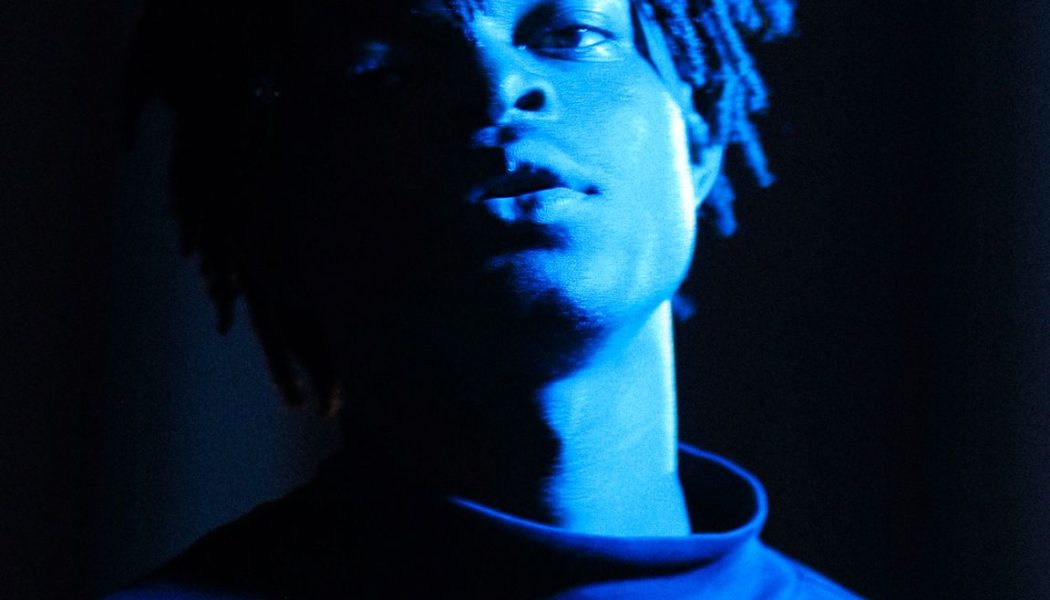

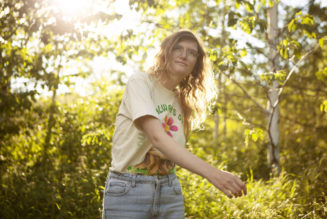

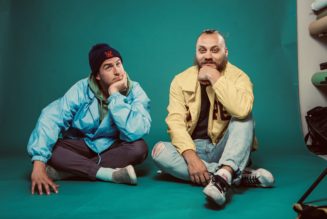
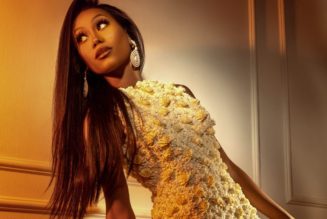
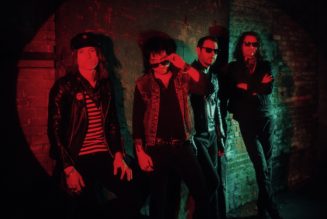
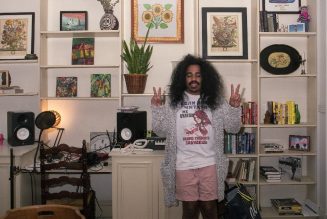
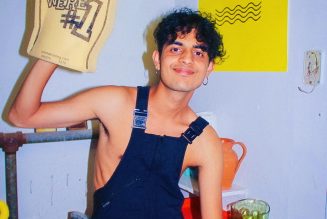
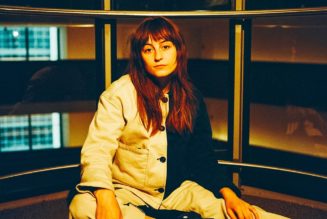
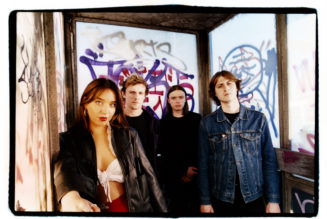
Tagged: All Eyes On, Bobby Kabeya, Miloe